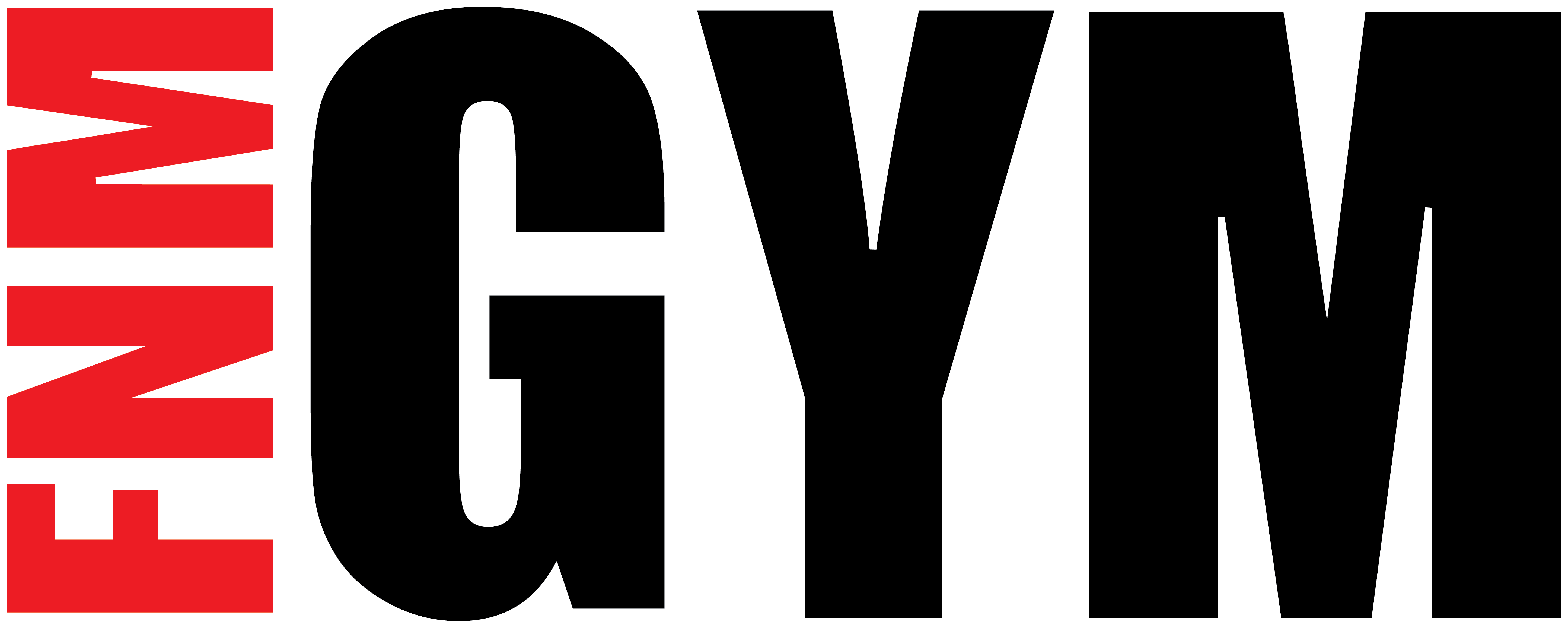Welcome to the Fitness n Motion Health Centre (FNM) blog! We’re a proud, family-owned and run gym that believes in the power of community and inclusivity. Today, we’re diving into an often overlooked but absolutely essential aspect of any fitness journey: recovery and rest. To start, grab a comfy chair and maybe a protein shake. Furthermore, let’s explore why giving your body a break is just as important as pushing it to the limit. By understanding the significance of rest, you can enhance your overall fitness and ensure long-term success.
Why Rest and Recovery are Crucial
When it comes to fitness, pushing your limits is only part of the equation. Alongside this, rest and recovery are where the magic happens. Specifically, your body needs time to repair and strengthen itself after the stresses of exercise. Think of your muscles as a high-tech machine; after a workout, they need downtime to recharge and come back stronger. Without adequate rest, you might find yourself stuck in a cycle of fatigue and poor performance. Therefore, integrating proper recovery into your routine is essential for long-term success and progress.
Here are a few reasons why rest and recovery are non-negotiable:
- Muscle Repair and Growth: Exercise creates tiny tears in muscle fibres. Recovery allows these fibres to heal and grow stronger.
- Prevention of Injury: Continuous strain without rest can lead to injuries, which could sideline you from your favourite activities.
- Mental Refreshment: Physical activity is demanding not only on your body but also on your mind. Moreover, engaging in regular exercise can lead to mental fatigue, making recovery even more crucial. Consequently, taking time to rest allows your mind to recharge and recover, ensuring that you remain focused and motivated. Therefore, balancing physical exertion with mental refreshment is essential for maintaining overall well-being and achieving your fitness goals.
- Optimal Performance: Proper recovery enhances your performance significantly. For instance, you’ll find that you can lift heavier, run faster, and work out longer when you’re well-rested. Additionally, adequate rest allows your body to repair and strengthen, which further contributes to improved athletic capabilities. Consequently, integrating effective recovery strategies into your routine leads to better results and sustained progress.
Different Types of Recovery
Recovery isn’t just about lounging on the couch, although that can be part of it! In addition to rest, incorporating activities like gentle stretching or light walks can further aid your recovery process. Moreover, proper nutrition and hydration also play crucial roles in helping your body repair and rejuvenate. Therefore, a comprehensive approach to recovery not only includes relaxation but also active and supportive practices that enhance overall well-being. Let’s explore the different types of recovery that should be part of your fitness plan.
Active Recovery
Active recovery involves low-intensity exercises that promote blood flow to your muscles. This can help reduce muscle stiffness and soreness. Activities like walking, swimming, or a gentle yoga session are excellent examples. These activities keep your body moving without the intensity of a regular workout, helping you recover more efficiently.
Sleep
Never underestimate the power of a good night’s sleep! Sleep is when your body does most of its repair work. Aim for 7-9 hours of quality sleep per night. Create a sleep-friendly environment by keeping your room cool, dark, and quiet. Avoid screens before bed to help signal to your body that it’s time to wind down.
Nutrition
What you eat plays a significant role in your recovery. Your body needs the right fuel to repair and rebuild. Focus on a balanced diet rich in protein, healthy fats, and carbohydrates. Hydration is also crucial – drink plenty of water to help flush out toxins and keep your muscles hydrated. Consider adding recovery-specific foods like tart cherries, which have been shown to reduce muscle soreness, or leafy greens packed with nutrients.
How to Recognise Signs of Overtraining
It’s easy to get caught up in the excitement of a new fitness routine; however, overtraining can be counterproductive. Additionally, while pushing yourself is important, balancing intensity with adequate rest is crucial for long-term success. Consequently, overtraining can lead to injuries, fatigue, and decreased performance. Therefore, it’s essential to listen to your body and incorporate rest days to ensure sustainable progress and overall well-being. Here are some signs to watch out for:
- Persistent Fatigue: If you’re always tired, even after a rest day, it might be time to scale back.
- Decreased Performance: Struggling to hit your usual marks? Overtraining could be the culprit.
- Mood Changes: Feeling irritable or down? Your body might be telling you it needs a break.
- Sleep Disturbances: Trouble sleeping can be both a cause and a symptom of overtraining.
- Frequent Illnesses: A weakened immune system can result from not allowing your body adequate recovery time.
If you notice any of these signs, it’s crucial to listen to your body and give it the rest it needs.
Tips for Effective Recovery
Ready to optimise your recovery? Here are some tips to help you get the most out of your downtime:
- Schedule Rest Days: Plan regular rest days into your fitness routine. Your body will thank you.
- Incorporate Stretching: Gentle stretching can improve flexibility and promote muscle recovery.
- Try Foam Rolling: Foam rolling can help relieve muscle tightness and improve blood flow.
- Stay Hydrated: Drink water throughout the day, not just during workouts.
- Mind Your Nutrition: Eat a balanced diet and consider post-workout snacks like protein shakes or a handful of nuts.
- Listen to Your Body: If something doesn’t feel right, don’t push through it. Rest is crucial for long-term success.
Remember, at FNM, we’re here to support every aspect of your fitness journey, including the all-important rest and recovery. Embrace the downtime, enjoy the process, and watch as your body and mind reap the rewards. Happy resting!
Click here to learn more about How Exercise Boost Sleep Quality and it’s Importance.




